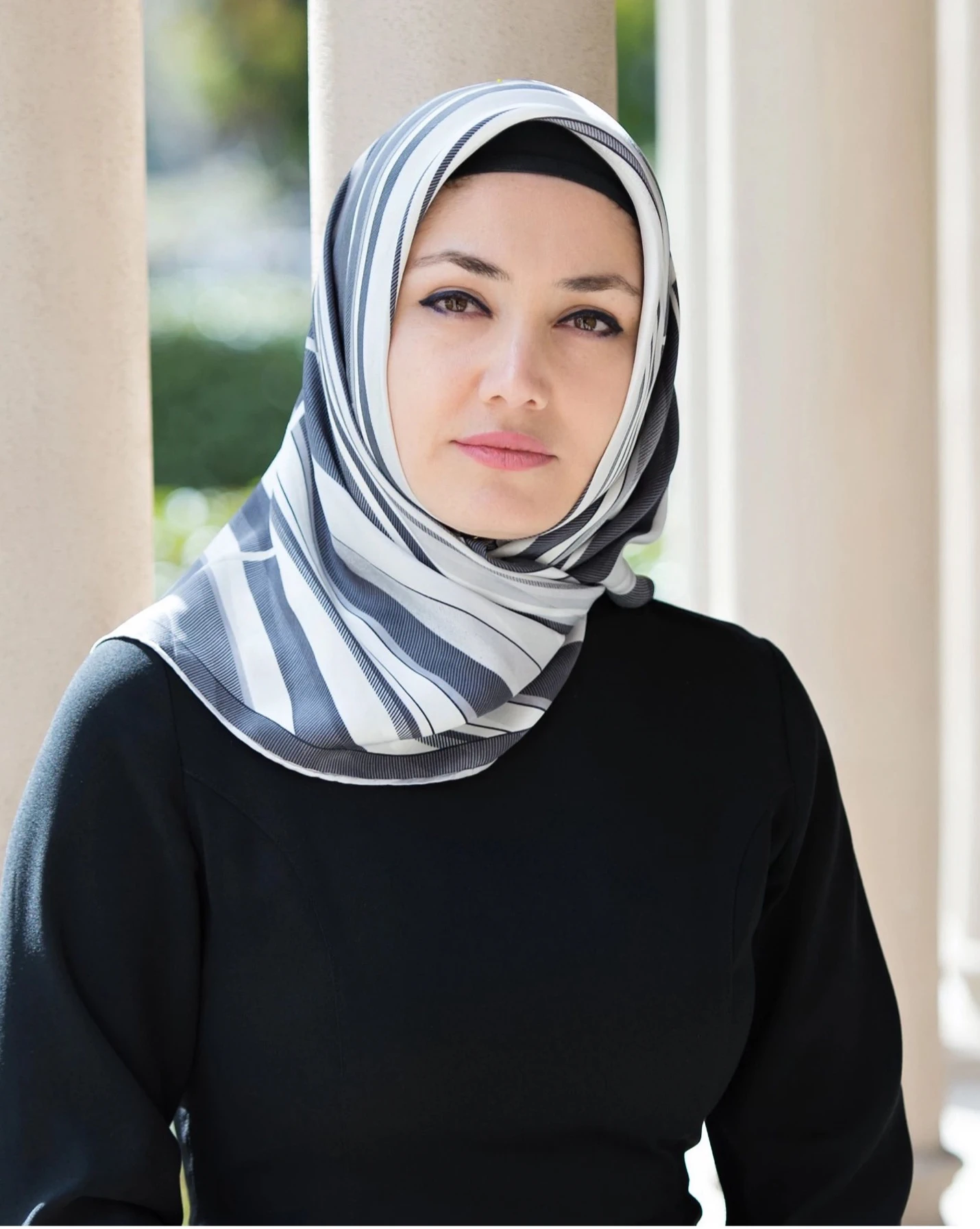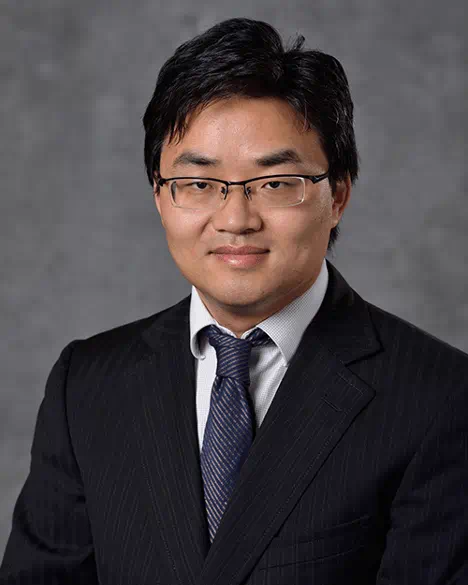
Professional Development (PD) is vital to keeping elementary math teachers current on the most effective methods for teaching math to students. But the barriers to accessing that PD can be challenging for some. That’s where artificial intelligence (AI) can play a role.
Michigan State University, in collaboration with the University of Southern California, has been awarded a $4.7 M National Science Foundation (NSF) grant to leverage AI to create a PD program for elementary math teachers.
The five-year, four-phase project set to launch in October 2024, will be led by Principal Investigator Yasemin Copur-Gencturk (Katzman-Ernst Chair in Educational Entrepreneurship, Technology & Innovation at the USC Rossier School of Education), alongside co-principal investigators MSU Research Foundation Professor Jilliang Tang from the MSU College of Engineering and MSU Research Foundation Professor Kenneth Frank from the College of Education.
“This is a supplemental tool, meant to lift some of the weight off of teachers,” said Copur-Gencturk. “For professional development programs, we know that some teachers don't have access to high quality PD because of their time conflicts, schedule conflicts or their locations. We are trying to improve equity across the board.”
Approximately 200 elementary math teachers across the U.S. will take part in the study. MSU will receive $1.4m in funding.
How it works
Teachers will engage with an AI-powered facilitator through a series of virtual modules designed to enhance their PCK in numbers and operations. The facilitator will provide real-time feedback based on the teachers' responses. The modules will be available on-demand, offering teachers the flexibility to access them at their convenience.
Building on a prototype developed under a previous grant from the Institute of Education Sciences, Frank, Tang and Copur-Gencturk will each contribute their expertise in key areas:

Kenneth Frank - MSU Research Foundation Professor in the MSU College of Education Domain knowledge: Copur-Gencturk, an associate professor of teacher education with a Ph.D. in mathematics education, serves as the project’s subject matter expert on pedagogical content knowledge (PCK). She will ensure the AI system meets the specific needs of educators by aligning it with effective content and pedagogical strategies for teaching mathematics.
- Development and interface: Tang's role in the project focuses on the technical development of the AI system, which includes a multi-agent system designed to provide real-time feedback and ensure seamless interaction between educators and the platform. He is responsible for creating the computer interface and managing the implementation of the AI tool that guides teachers through the training process. He will also ensure the AI adheres to ethical standards and minimizes hallucinations – the generation of incorrect or misleading information – by carefully monitoring and tweaking the large language model.
- Refining and Analyzing: Frank brings expertise in quantitative analysis and research design to the project. He will examine teacher and student outcomes, and as data is collected, he will use an iterative process to refine the AI tool, sharing updates with the team throughout the study.
Putting a new spin on AI

From a technical perspective, this research flips the usual model for AI. According to Tang, AI has a wide base of knowledge from which to draw. Usually, people ask a question and AI answers. But in this case, Tang is teaching AI to ask the questions and propose activities to provide opportunities for the teachers to learn by doing.
“So in this way, we will leverage the AI or GPT as a foundation and incorporate our domain knowledge into the system.” Tang explained. “And based on the very, very strong ability in dialog or composition, we can provide real time and interactive feedback to teachers. So that's why I think this project is a perfect connection between the power of AI and education.”
Expanding impact
With years of experience working together, the scholars are optimistic they can complete the project before the five-year term. “We are already a coherent team and are always sharing ideas with each other,” added Tang.
Upon completion, their goal is to distribute the software nationwide, easing the burden on elementary math educators and enhancing instructional support across the country.
By Judi Melena Smelser, College of Engineering and Marco Schimizzi, College of Education
MSU College of Engineering Media and Public Relations page